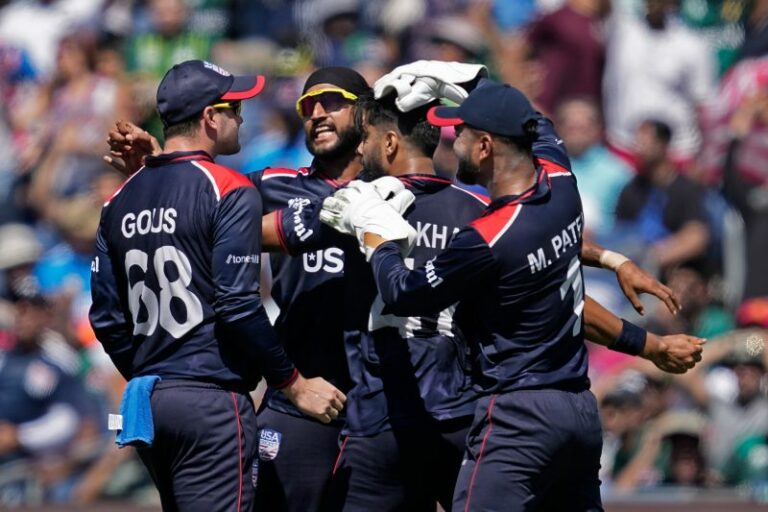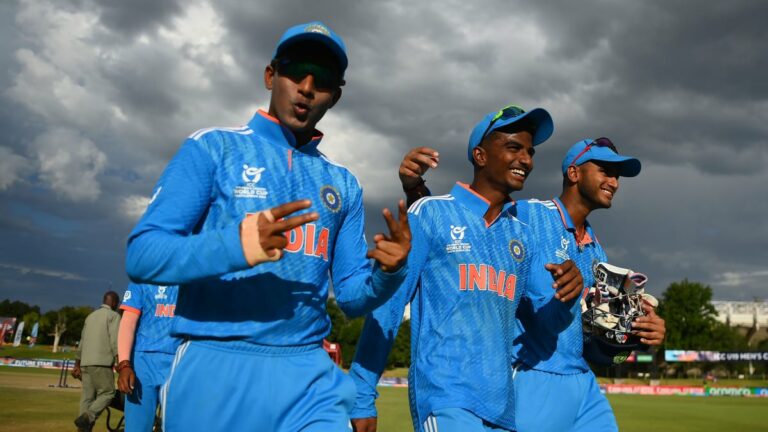IPL and Gambling Laws: Regulatory Challenges and Compliance: Laser247, Gold365, 11xplay
Laser247, Gold365, 11xplay: The legal landscape surrounding the Indian Premier League (IPL) and gambling laws is complex and multi-faceted. In India, gambling is regulated primarily by individual state governments, each having its own set of laws and regulations governing different aspects of gambling activities. The Public Gambling Act of 1867 is a central law that addresses gambling and the operation of gambling houses in the country. However, due to its outdated provisions, states have enacted their own laws to adapt to the changing dynamics of gambling practices, leading to a fragmented regulatory framework across the nation.
In the context of IPL, the Board of Control for Cricket in India (BCCI) plays a crucial role in overseeing the league and ensuring compliance with legal requirements. The BCCI has implemented strict regulations and codes of conduct to prevent any form of corruption, match-fixing, or illegal betting activities within the IPL. Additionally, the IPL Governing Council works closely with law enforcement agencies to monitor and investigate any suspicious activities that might compromise the integrity of the tournament. The collaboration between sports governing bodies like BCCI and regulatory authorities is essential in upholding the integrity of IPL and adhering to the diverse gambling laws in India.
Historical Background of Gambling Laws in India
The history of gambling laws in India is a complex tapestry that dates back centuries. In the ancient Indian texts such as the Vedas and the Ramayana, references to gambling can be found, showcasing its long-standing presence in the country. Gambling was a popular pastime among the royalty and the common people alike, with games like dice being particularly prevalent.
As India moved towards independence and the drafting of its own constitution, the framers recognized the need to regulate gambling to prevent exploitation and societal harm. The Public Gambling Act of 1867 was one of the first legislative attempts to address this issue, aiming to curb the widespread gambling that was affecting communities across the country. Despite numerous amendments and state-specific laws being enacted over the years, the regulation of gambling in India has remained a contentious and often challenging endeavor for lawmakers and enforcement agencies.
Challenges Faced by Regulators in Enforcing Gambling Laws
Enforcing gambling laws in India poses numerous challenges for regulators. One major obstacle is the vast and intricate network of illegal gambling operations that often operate covertly, making it difficult for authorities to detect and shut them down effectively. Moreover, the lack of comprehensive legislation specifically targeting online gambling exacerbates the challenge of regulating this rapidly growing sector.
Additionally, the ever-evolving nature of gambling practices, especially in the digital age, presents a constant challenge for regulators to keep up with innovative methods used by operators to circumvent existing laws. The lack of coordination and resources among different regulatory bodies further hampers enforcement efforts, creating loopholes that are exploited by unscrupulous operators. Addressing these challenges requires a multi-faceted approach that involves collaboration between law enforcement agencies, policymakers, and stakeholders in the gambling industry.







